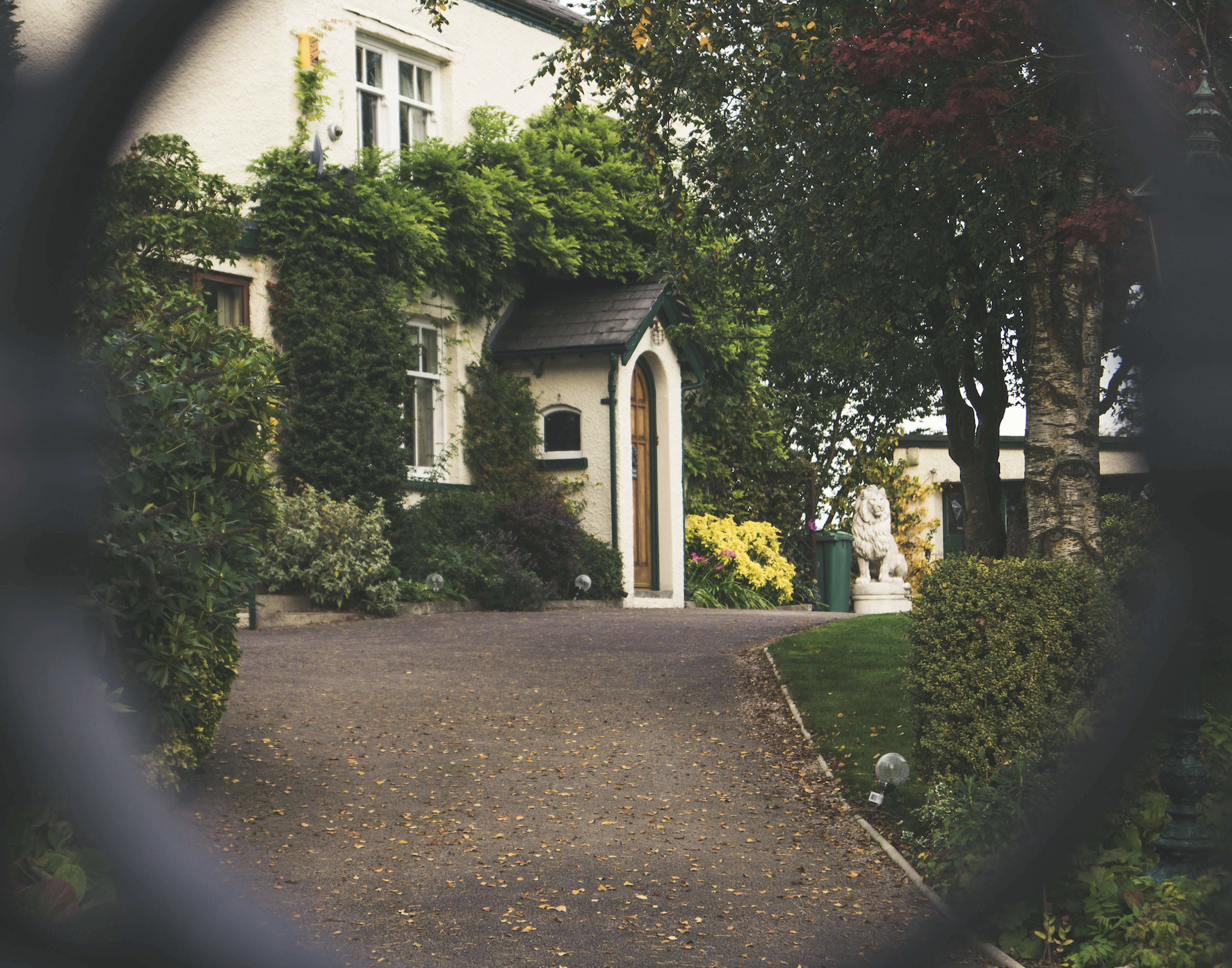Can I sell my house without the deeds?
26 February, 2021
So, you have a property you wish to sell, but can’t find the deeds for any number of reasons. Panic sets in briefly – will you be able to go ahead with your sale? In short, yes you can sell your house without the deeds, however you must be able to prove through other means that you are the owner of the property.
As the deeds are the assortment of documents which usually prove ownership, proving it without them can be a more protracted process, but it is by no means impossible.
The simplest course of action will be to ascertain if the property is registered with the Land Register. If this is the case, they will possess copies of all the composite documents of the deeds, and will be able to provide you with the necessary required documents.
Registering a property has been compulsory since 1990, so if the house last changed hands in the past 30 years, this route is almost guaranteed to find success.

Alternative methods of proving ownership
If your property is not registered with the Land Register, things are more complicated, but it is by no means a lost cause. Your first port of call will be to find another copy of the deeds.
Possible places to look would be with the original mortgage provider, or failing that, with the solicitors or contracted conveyancer used at the time of the last sale. All these places are possible holders of copies of the deeds.
Once all possible locations that could have copies of the deeds have been exhausted, if they have still not been found, it may be necessary to carry out the first registration with the Land Registry.
This method will require extensive evidence, a process which can be supported by doing the following:
- You’ll need to hire a good solicitor and conveyancer. First registration isn’t a very common process, so you’ll need to find people who are confident that they can assist you. We deal with many solicitors every day so we can certainly help with this if you need it.
- Evidence, if possible, of how the deeds came to be lost or destroyed, and evidence that you have done everything possible to locate them.
- Compile extensive evidence in the form of mortgage payment records, utility bills, electoral records, insurance, and estate agent records.
Once this is done, with the compiled evidence you’ll be able to provide the Land Registry with an ST3 form and a statement of truth.

The Land Registry will be the department you have to persuade that you are the rightful owner of the property, so it goes without saying that it’s worth building a watertight case.
If you are the owner of the property, and are able to compile the evidence listed, it is very unlikely that the Land Registry will not accept your case, but it will be a both costly and lengthy process regardless of outcome.
It is most certainly worth searching for the deeds, either original or copies stored with a lawyer or bank, before pursuing this avenue.
When it comes to land services, our team at Seymours are dedicated to getting you the value that your land deserves.
Get in touch for impartial advice and to see how our independent land agents can assist you.
#yourpropertypartnerforlife
